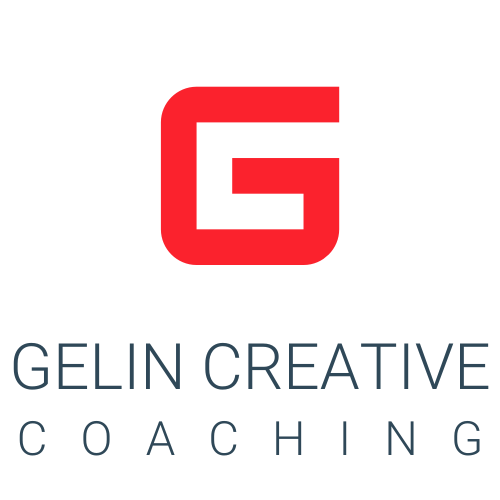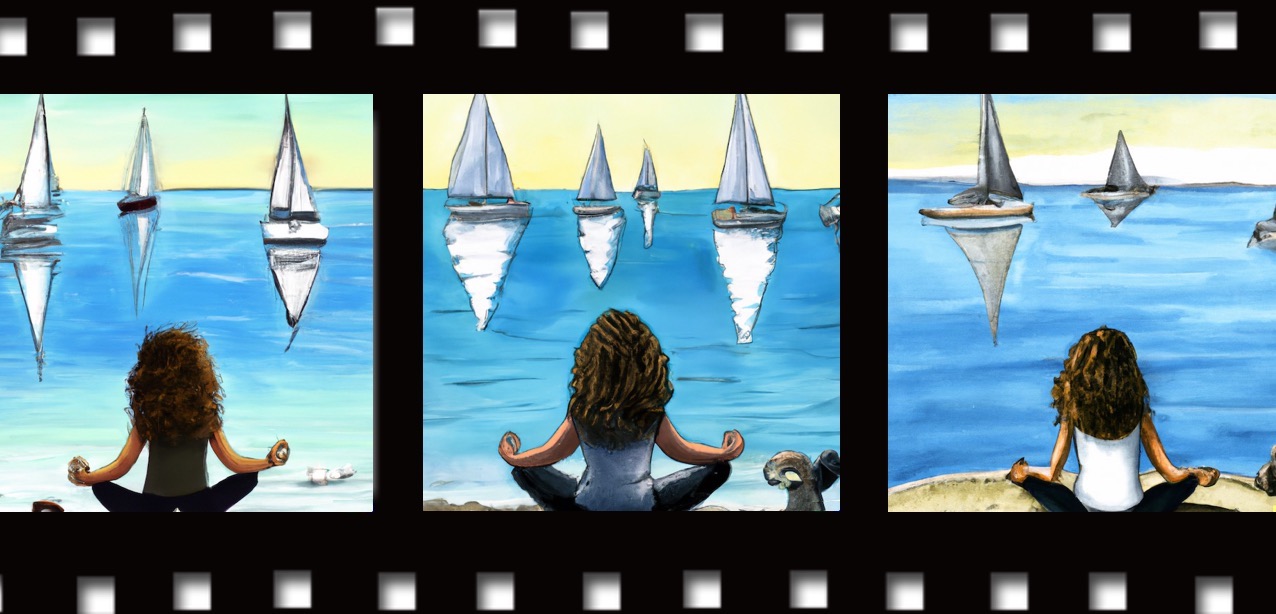Have you ever wondered how to truly gain wisdom in life? Is it simply a matter of accumulating more experiences or seeking guidance from those wiser than us? Sadly, it’s not that straightforward. We often encounter individuals who seem to gain little wisdom despite their growing experiences. The missing ingredient is reflection, the art of “reflecting back” on our experiences.
The Feedback Loop of Wisdom
In truth, we possess within us all the necessary elements to become wiser. The key lies in extracting the essence from our experiences. How do we accomplish this? By embracing what I call the “Feedback Loop of Wisdom”:
Experience -> Reflection -> Wisdom
But how does this cycle work? As we accumulate experiences, we take the time to reflect upon them, extracting wisdom that propels us forward into new experiences armed with newfound insights. This cyclical process is the essence of growth.
Harnessing Experiences: The Transformative Role of Reflection
Experiences encompass various domains such as work, social interactions, travel, learning, sports, challenging situations, personal growth, and well-being. While most experiences naturally put us on a learning curve, it’s not always obvious in certain areas. Take relationships, for instance. Merely accumulating raw experiences without reflection often fails to yield much wisdom. In fact, it can lead to repeating the same relationship mistakes, encountering similar issues with each new person. What’s missing in this cycle is often the reflection on past relationships. By taking stock of what transpired and understanding the underlying dynamics, we gain valuable insights that shape our approach to future relationships. This self-awareness helps us align with our values, personal needs, and preferences.
Similarly, in business, it’s crucial to reflect on what worked and what didn’t before embarking on new projects, campaigns, investments, hiring decisions, and so on. Mistakes are an inherent part of learning, and it is through the process of reflection that we truly internalize lessons and extract wisdom. The world of business and management is often compared to chess, the ultimate mind game. And just like in chess, where one of the keys to progress is the ability to reflect back on our games by replaying and analyzing each move, we uncover blind spots and gain a deeper understanding of “the game”. Experiences can be viewed as a series of chess games, many of which deserve introspection to achieve mastery and wisdom. Surprisingly, even in leisure activities like holidays and traveling, taking a moment to reflect on an experience can enhance future adventures.
Evidence Supporting The Power of Reflection: Insights from Daniel Kahneman and Warren Buffett
Many studies have shown that reflection is a powerful tool for learning and personal growth. For example, Daniel Kahneman, a renowned psychologist and Nobel laureate in economics, has discussed the power of reflection in various contexts. Kahneman goes deep into “The Importance of Slow Thinking”, highlighting the significance of taking the time for deliberate reflection and engaging in slow thinking processes. His insights indirectly emphasise the power of reflection as a means to engage in deeper thinking, gain insight, and enhance decision-making capabilities. By incorporating reflection into our cognitive toolkit, we can become more aware of our thought processes, challenge assumptions, and improve our overall cognitive functioning.
Numerous successful individuals attribute their wisdom and growth to the practice of reflection. Take Warren Buffett, the billionaire investor, for example. He dedicates a significant amount of his time to reading, thinking, and reflecting on his investment decisions. Buffett believes that deliberate reflection enables him to make sound judgments and avoid repeating past mistakes.
The Importance of Reflection in a Fast-Paced World
Life presents a paradox: the more we seek engagement, the busier and more overwhelmed we become, making reflection less likely. We move from one experience to the next without pausing to assess their impact. Somehow, we believe that reflection is a waste of time and instead focus on seeking the next thrill, living “in the moment”. While it may sound exciting, we eventually realize that we’ve been running in a hamster wheel. Continuously jumping to new experiences and trapped in a cycle, we gain little wisdom or personal growth. By neglecting reflection, we lose out on valuable insights from both positive and negative experiences. Genuine growth and wisdom need reflection. The good news is that it’s never too late to start. You can begin with your new experiences while tapping into the vast reservoir of past experiences, reflecting on the most significant ones. Prepare to be amazed at the growth and rewarding insights this journey holds.
Getting It Right
So practically, what can we do? How can we incorporate reflection into our lives? There are several ways, and it largely depends on the type of experience and our individual preferences.
- Journaling: One of the simplest ways to reflect on experiences is through journaling. Countless prominent figures, including artists, inventors, and leaders, have delved deep into the power of journaling. For example, Albert Einstein maintained a personal journal where he documented scientific ideas, philosophical musings, and reflections on life. Journaling not only allows us to record and remember our experiences but also provides an outlet for analysis and the extraction of valuable lessons and wisdom. The act of putting an experience into words helps us gain fresh perspectives.
- Meditation: Dedicate specific meditation time to reflect back on your experiences. Practice mindfulness by fully immersing yourself in the present moment and becoming aware of your experiences. You can also explore visualisations and guided imagery, mentally revisiting past experiences while engaging your senses, emotions, and interactions. This technique offers a unique pathway to gain fresh insights and perspectives on past experiences.
- Coaching: A coach can guide you in exploring an experience, helping you uncover the lessons learned, their impact on your values, and how you would approach similar situations differently in the future. A skilled coach can play back what they’ve understood from your story, provide insights, and see how it resonates with you. Coaching is one of the most effective ways to gain wisdom from experience. While friends may attempt to offer advice, their suggestions are often influenced by their own worldviews and values. This can hinder our exploration of genuine feelings and obstruct our ability to learn in a way that aligns with our individuality and values.
The best approach likely involves a combination of these three techniques. Wise individuals generally practice their own blend of these methods and the Feedback Loop of Wisdom without consciously considering the process they undergo. For more profound introspection, you might even consider a retreat. Solitude can be a powerful way to reconnect with yourself, reflect on your life and past experiences, and extract the wisdom that empowers you to move forward as a better version of yourself. For instance, Yuval Harari, the renowned historian and thinker, takes an annual two-month meditation retreat to rejuvenate and interrupt the constant flow of experiences. He credits the retreat with helping him become a better scholar, allowing him to “disconnect from the noise of the world.”
Final Word of Wisdom: Reflection
By embracing reflection and actively engaging in the Feedback Loop of Wisdom, you continuously shape yourself and create a life driven by growth. That’s the magic of reflection. Life transcends being a mere succession of experiences, whether good or bad, and becomes a transformative journey toward wisdom and sustainable personal development.
Let me know how you incorporate reflection in your daily life and quest for wisdom.
What’s your secret sauce?
Please share it in the LinkedIn comments section of this article

